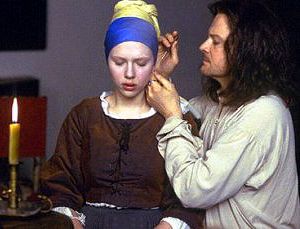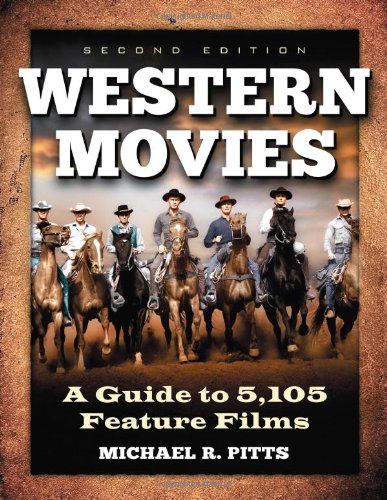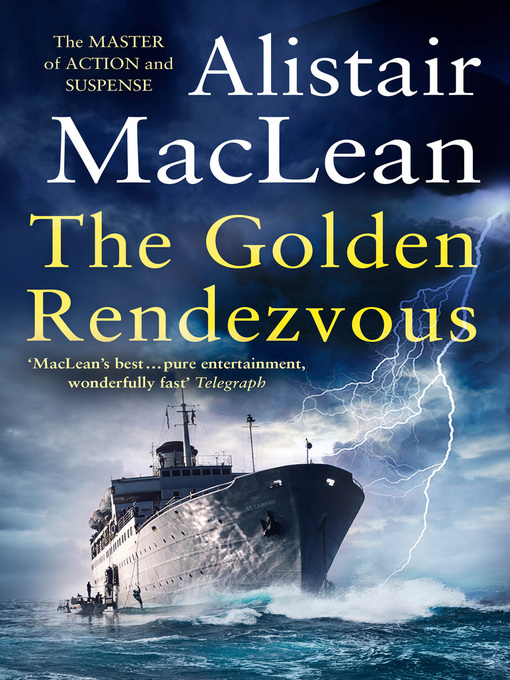Nowadays authors tell us whom not to like by making them cigarette smokers.
Ethan Mordden, Ziegfeld: The Man Who Invented Show Business
Recently I had the chance to watch yet again the 1965 comedy
The Great Race. Or at least I got to watch most of it. Once again I tuned in late and missed the first 30 minutes or so, which I have always regarded as the most entertaining part of the movie. Once the actual race begins, the movie becomes less interesting. If you have seen the film you will remember that Tony Curtis plays The Great Leslie, who is handsome, clean-shaven, noble, brave and always dressed in white. Jack Lemmon is Professor Fate, who wears black, has a moustache and tries to win by cheating in every way he can. The movie is something of a satire on older movies when such things as facial hair and the color of hats tipped off audiences as to when to cheer and when to boo.
Actually, as Ethan Mordden suggests, such tip-offs have not entirely disappeared, even if they have become more subtle and sophisticated. In movies, sometimes it's the music or even the lighting that tells us who is good and who is evil. Often it is a character's actions and attitudes toward women, children and racial minorities. Or it can just be smoking. At one time the heroes smoked. Today it is more likely to be the villains.
There are tip-offs in novels, too. Robert B. Parker's heroes, like Spenser and Jesse Stone, are witty and keep up a constant banter with other characters, while the bad guys tend to be humorless. Other novelists employ other means to differentiate between good and bad characters. The most common of all may be simply telling readers more about the main characters. We tend to like people we know well and dislike those we know less well, especially when they stand in the way of those we like.
Murder mysteries may be genre fiction and something less than great literature, yet one thing they are good at (Parker being an exception) is avoiding painting characters, other than the hero, with a broad brush. Mystery authors usually sustain the mystery by giving many characters a possible motive for murder. Thus, most characters must, by necessity, be less than perfect, and thus fully human.
The best fiction, in most cases, is that in which all the characters wear gray hats rather than white or black ones. That's one of the qualities I appreciated about Ann Patchett's novel
State of Wonder, which I recent reviewed here (June 5). One's sympathies lie with Marina, the main character, yet she does not always do the right thing in this story. Annick Swenson, the mysterious researcher in the Amazon jungle, at first appears to be the villain, but as the reader comes to know her and understand her, she becomes, like Marina, more human.
Unfortunately it is not just in movies and books that we look for tip-offs as to who are the good guys and who the bad guys. The George Zimmerman trial going on in Florida offers a perfect example. Zimmerman is accused of racially profiling Trayvon Martin, a black teenager, and then killing him. After the incident, many people judged Zimmerman guilty before the facts were in, seemingly based, again, on Martin's skin color.
Many of us are much too quick to judge people based on such things as sex, wealth, race, national origin, politics, religion, age and appearance. To such people,
The Great Race must be not a satire but real life.
 Move this story ahead almost two centuries and change a few details and you have the basic plot for Carla Buckley's novel Invisible. Dana Carlson returns to Black Bear, Minn., her hometown, after many years away after getting a call from her teenage niece telling her that her older sister, Julie, has seriously damaged kidneys and needs a transplant. After arriving in Black Bear, Dana learns that Julie has died and that a shocking number of other locals have failing kidneys, too.
Move this story ahead almost two centuries and change a few details and you have the basic plot for Carla Buckley's novel Invisible. Dana Carlson returns to Black Bear, Minn., her hometown, after many years away after getting a call from her teenage niece telling her that her older sister, Julie, has seriously damaged kidneys and needs a transplant. After arriving in Black Bear, Dana learns that Julie has died and that a shocking number of other locals have failing kidneys, too.







